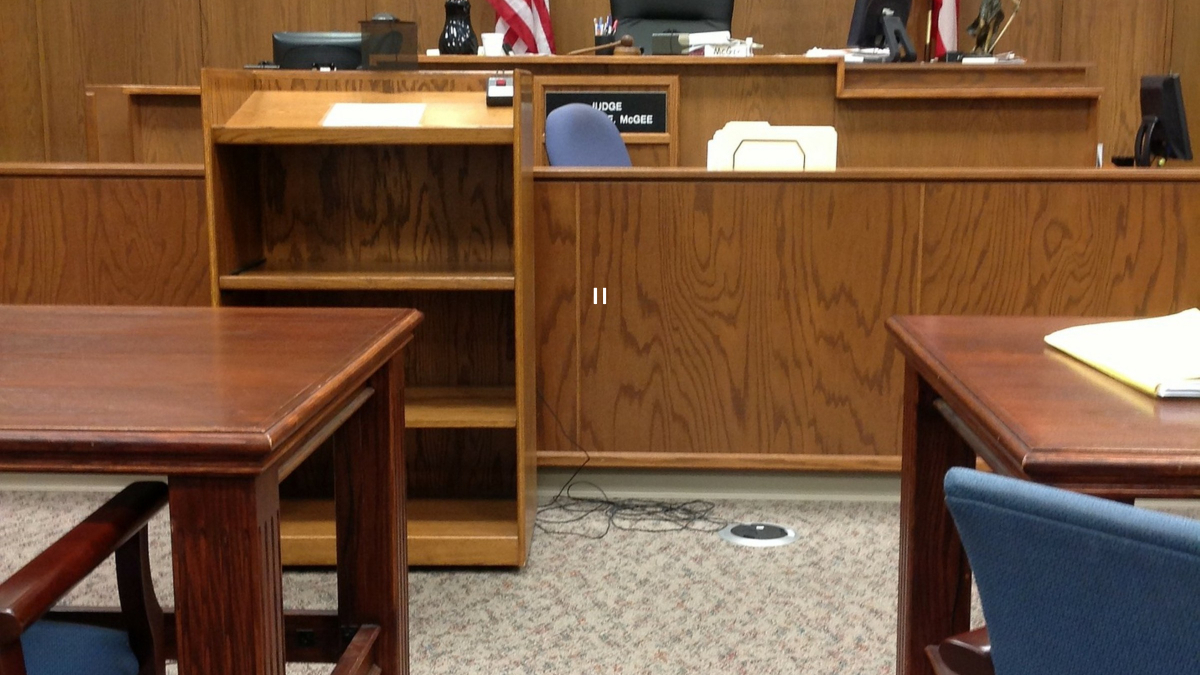A “miraculous” discovery in online litigation — in a case conducted entirely over Zoom, jurors don’t have to lose their connection.
What started as a personal injury lawsuit with a potential $1 million settlement ended in a historic trial conducted entirely online, with a $411 million jury verdict.
The trial — a former U.S. army sergeant sued against trucking company Top Auto Express Inc. after becoming partially paralyzed — was the first virtual jury trial in northern Florida’s Second Circuit Court, and it appears to be the largest Zoom verdict so far.
The 2018 accident occurred when two 18-wheeler trucks lost control during bad weather on Interstate 10, resulting in a 45-car pileup.
The attorneys on the case commented that the case set a good precedent, particularly in being an example that people can still have access to justice despite the raging COVID-19 pandemic and the restrictions it ushered in in all corners of everyday life. This discovery that jurors don’t lose connection to a case during online litigation is, one attorney said, “miraculous”.
One main concern with online litigation was that not enough jurors would tune in, but of the 60 people who received summons, nearly 40 entered the online courtroom (ultimately six were chosen, with on additional alternate).
The pandemic pushed jurors to learn new skills, including ensuring accessiblity when it came to technological issues like establishing hotspot connections. Even the jurors who did not understand technology put in the time and energy to learn, proving that the pandemic, not matter how long it lasts, won’t get in the way of the wheels of justice.
Another hurdle in online trials is timing. This particular case would normally have been a five day trial, but the online format forced it into just five hours. It’s a new phenomenon, but it’s understood that it would be impractical for online trials to last more than a day.
Ultimately, though, the biggest worry was whether the attorneys would be able to connect with people the same on a screen as they normally would in a courtroom. And the answer was yes — not even the smallest bit of human emotion was lost online.










